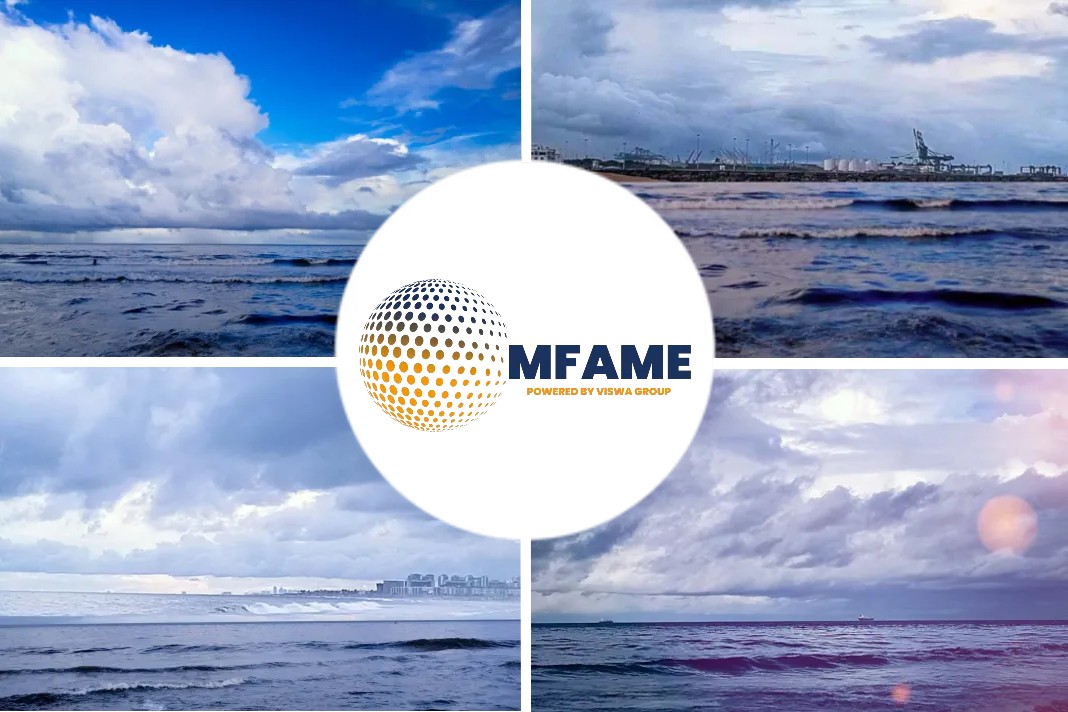MAN Energy Solutions’s after-sales division, MAN PrimeServ, has announced the signing of a contract to retrofit two LPG carriers for Tianjin Southwest Maritime Ltd. – the Chinese liquefied-gas carrier operator. The COSCO Shipping Heavy Industry (Guangdong) yard will host the respective conversions of the individual MAN B&W 6G60ME-C engines aboard the ‘Gas Gemini’ and ‘Gas Aquarius’ to dual-fuel MAN B&W 6G60ME-LGIP units capable of running on LPG. The two vessels will be retrofitted in parallel, beginning May 30th 2023.
About the deal
In a notable first, PrimeServ will jointly carry out the work with CMS (CSSC Marine Service Co. Ltd.), the after-sales subsidiary of CSSC Marine Power Group.
Tao Guohua – Vice President, CSSC Marine Power Group – said: “Hearty congratulations to Southwest Maritime on the LGIP conversion contract signing between MAN Energy Solutions and CMS. I do believe that the emerging engine-retrofit market will be a new area for MAN Energy Solutions to strengthen the existing close cooperation between us. We are also keenly looking forward to building a strategic cooperation with MAN Energy Solutions in this market and to further extend our cooperation into more portfolios.”
Per Rud – Senior Vice President, MAN PrimeServ – spoke about the importance of developing partnerships to execute successful dual-fuel retrofit projects, and said:
“We treat every project on a case-to-case basis but this particular instance is notable in that it represents the first time that we are collaborating on a retrofit project with a licensee’s own after-sales division. I feel that it is important for the after-sales market to be aware that MAN PrimeServ is open to working with all partners in order to support shipowners globally. The successful negotiations with CMS have strengthened our partnership and both parties are more than satisfied with the result.”
The contract signing comes in the wake of Oslo-listed BW LPG – the world’s leading owner and operator of LPG vessels – announcing in June 2022 that it, under MAN PrimeServ’s supervision, had converted the main engine of the ‘BW Malacca’ to dual-fuel running. The last such conversion for a series of 15 LPG carriers, all work was carried out at Yiu Lian Dockyards in Shenzhen, evidence of China’s ability to successfully execute such retrofits.
Klaus Rasmussen, Head of Projects and PVU Sales, MAN PrimeServ, said:
“In order to decarbonise the existing maritime fleet, switching to low-carbon fuel is the most effective tool. In this context, dual-fuel retrofits represent an eminent way for owners to maintain their assets’ value for years to come. Specifically, in the case of Very Large Gas Carriers, their ability to operate off their own cargo makes for a very positive business case. Tianjin Southwest has already ordered six vessels powered by ME-LGIP main engines and LPG is well on its way to becoming the standard in this segment. Currently, we estimate that there are 154 VLGCs with single-fuel engine technology that could benefit from conversion to LPG-running.”
Strong business case
Cost-wise, LPG is a better option than compliant fuel-oil, with high lifetime-savings prospects. By leveraging LPG as a marine fuel, vessels benefit from savings due to lower fuel consumption and full dual-fuel flexibility, which guards against price sensitivity to post-2020 fuel-price fluctuations. Furthermore, the ability to use LPG cargo as a supplemental fuel source also reduces time and fees for fuel bunkering.
Harnessing LPG propulsion also translates into cleaner, more efficient engines that are cheaper to maintain. In addition, the fuel flexibility of dual-fuel engines ensures full redundancy for uninterrupted operations.
Compared to 2020-compliant fuels, using LPG as a fuel would reduce: SOx by 99%, CO2 by 15%, NOx by 10%, and particulate matter by 90%.
Did you subscribe to our daily Newsletter?
It’s Free! Click here to Subscribe
Source: MAN

















